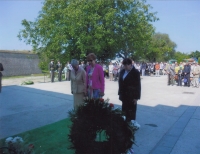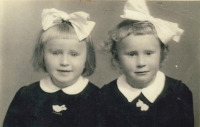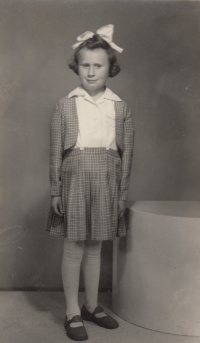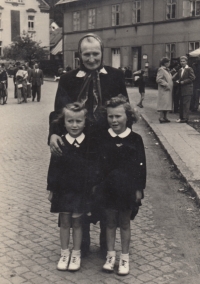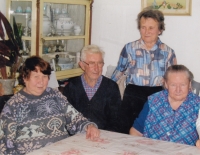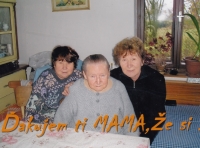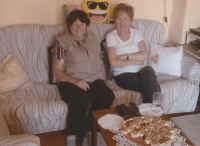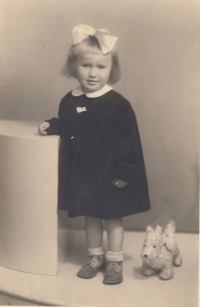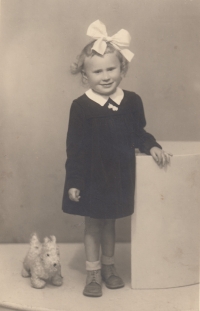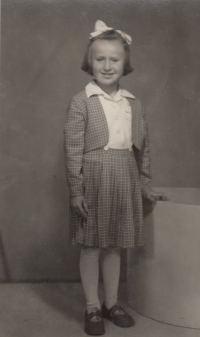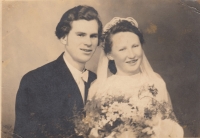State Security was looking for evidence against her father in her diapers. He died in Leopoldov
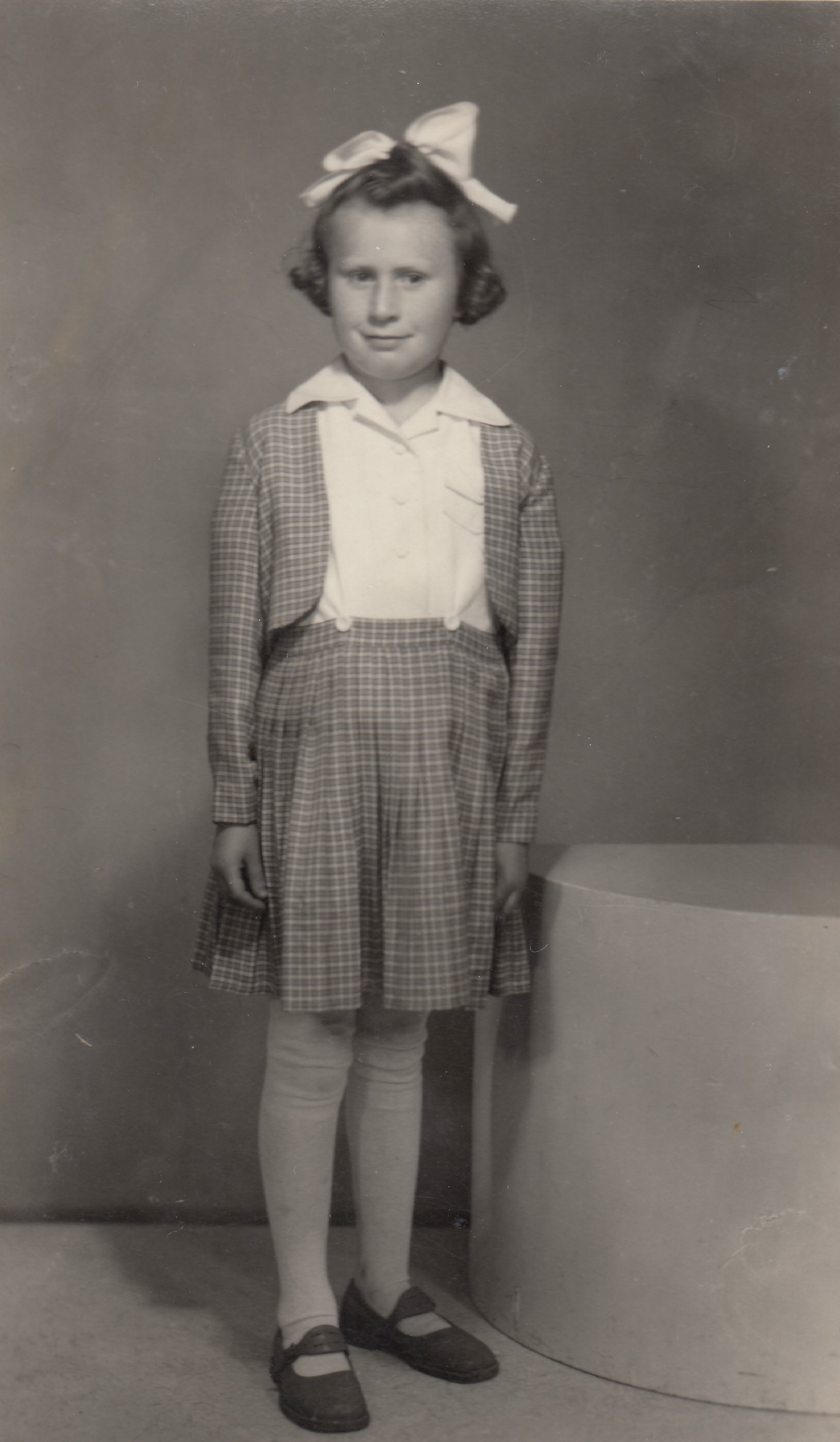
Download image
Marie Ryšavá was born on 12 May 1949. Her father, Josef Vaníček, worked after February 1948 as chairman of the national committee in the village of Chlívce in the Broumov region. It did not take long, however, for Josef Vaníček to start cooperating with a resistance group, and in the early 1950s, he became an agent of the American secret service. Although he tried several times to hide from State Security, he ended up before a tribunal that sentenced him to life imprisonment. In Leopoldov, where he was serving part of his sentence, Marie Ryšavá visited him together with her mother and sister. It was the first and last visit to her father that she remembers. In 1958, on St. Wenceslas Day, one of the guards shot Josef Vaníček. In the small village of Rtyně v Podkrkonoší, where she lived with her mother at her grandparents’ house, she encountered bullying and prejudice during her childhood and adolescence. After primary school, she took an agricultural apprenticeship and later worked in the unified agricultural cooperative (JZD) in Rtyně. In the second half of the 1960s, Marie Ryšavá married for the first time, and she and her husband had two sons. November 1989, and the change of regime, was a fateful change for her. At the beginning of the 1990s, she helped found the Trutnov branch of the Confederation of Political Prisoners, thanks to which she learned the whole truth about her father’s fate. She then liquidated the branch herself in 2020. In 2023 she was living in Dvůr Králové nad Labem. We were able to record her story thanks to support from the ŠKODA AUTO Foundation.
